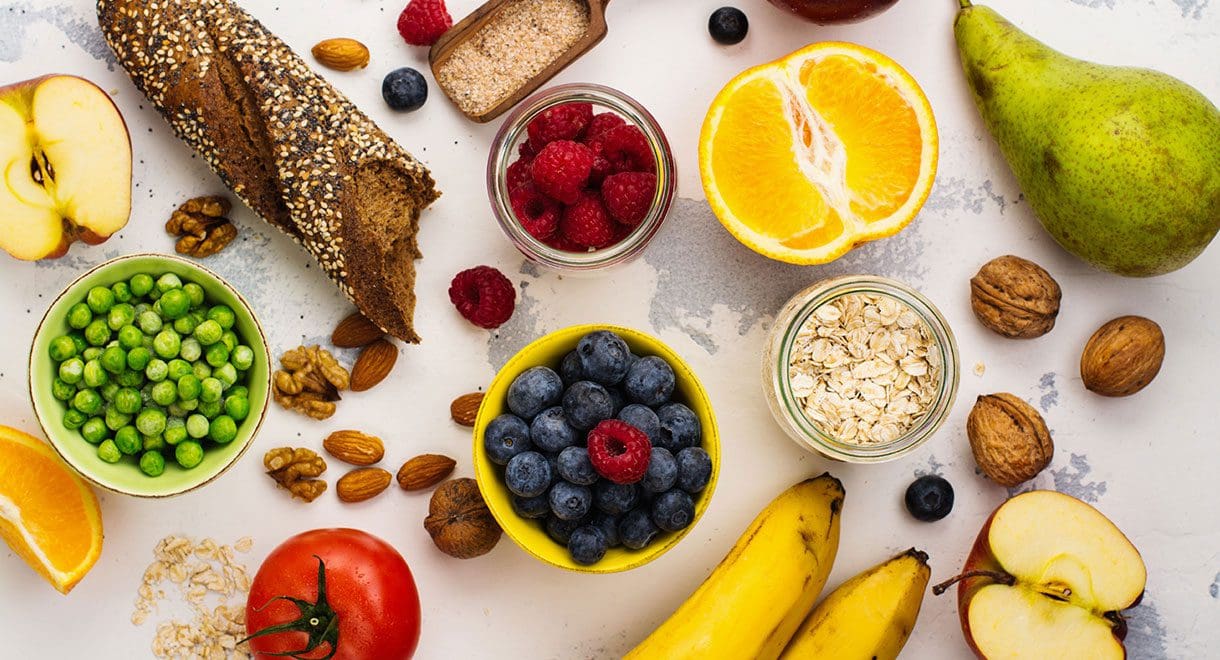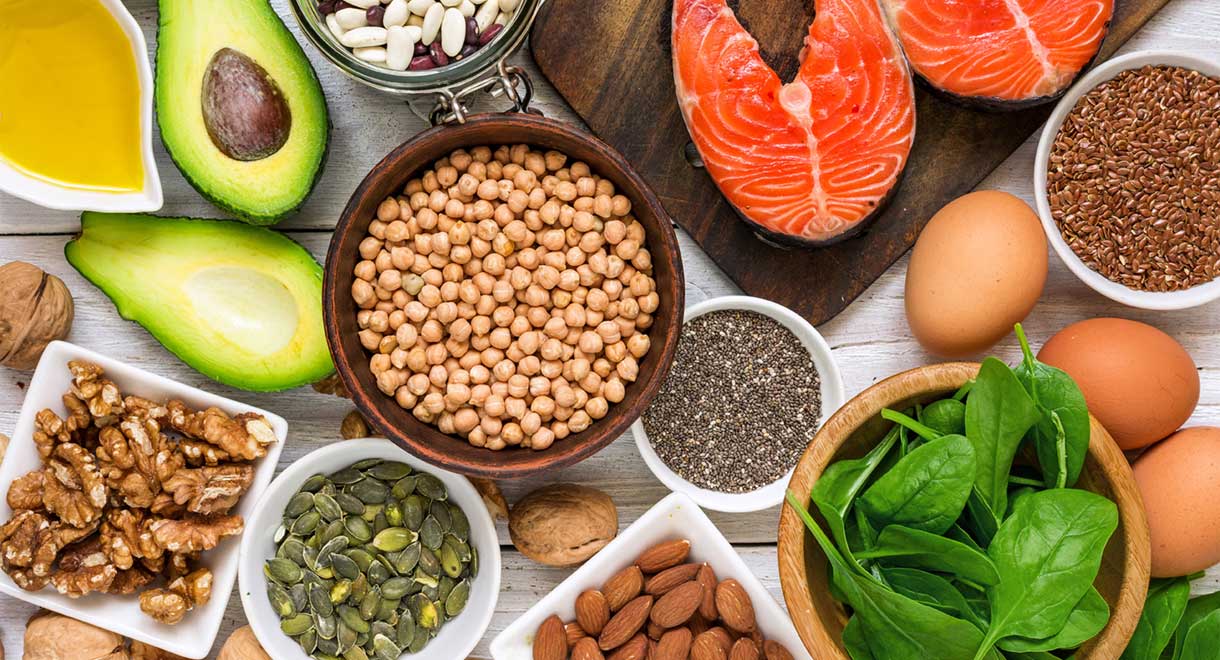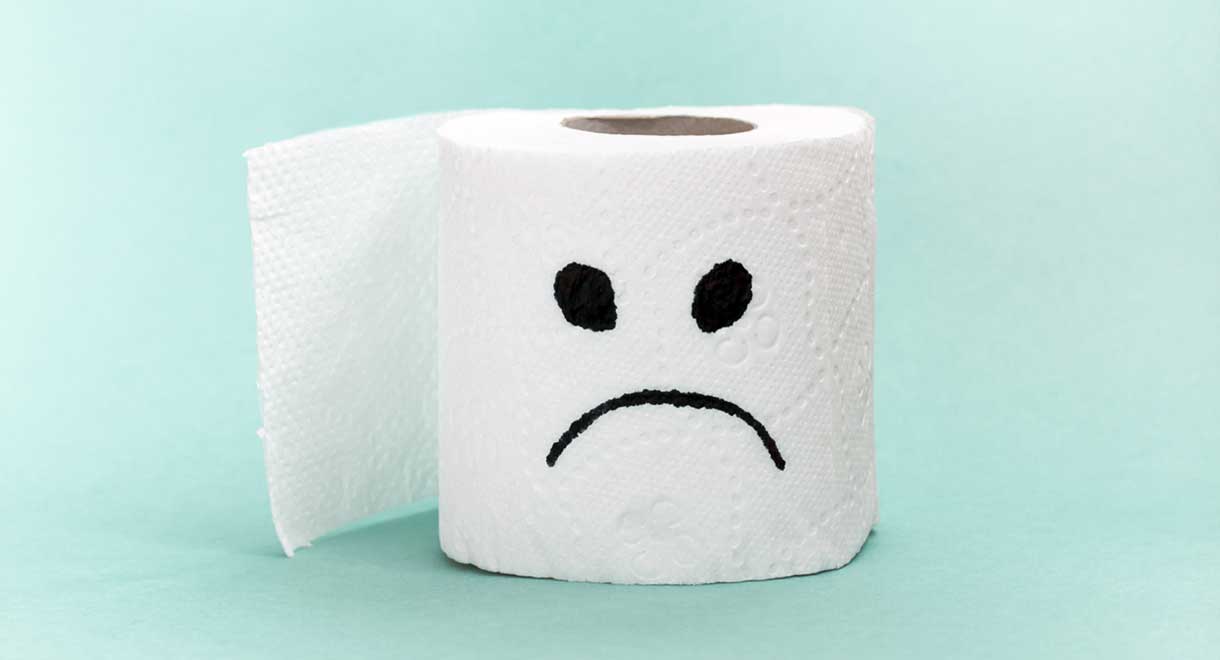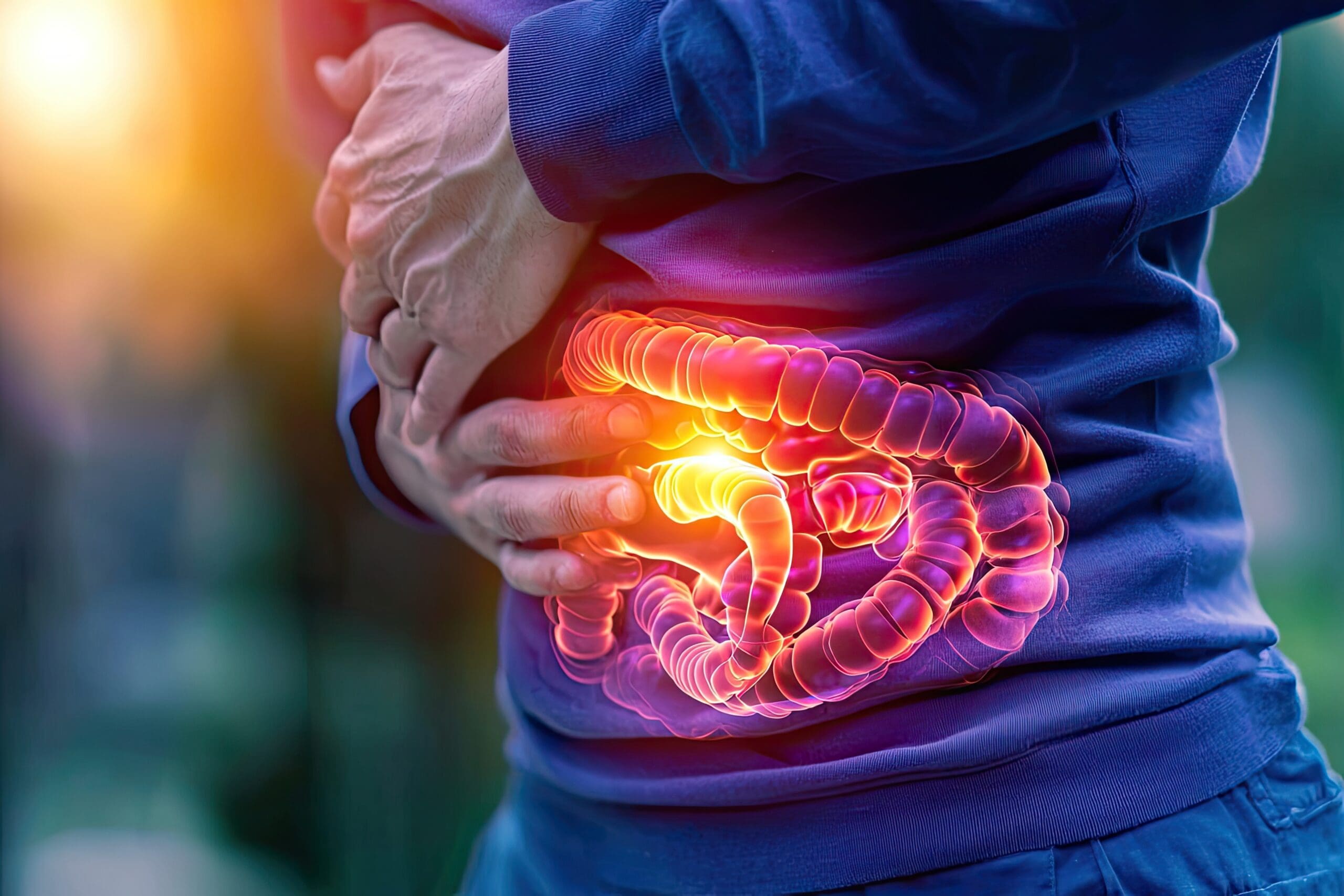Constipation makes weight loss more difficult
By naturopath Margaret Jasinska
Did you know that being constipated is usually a sign of having a slow metabolism? Our patients who suffer with constipation usually find it much harder to lose weight. If your liver is sluggish, it will not produce sufficient bile to stimulate bowel motions. Once you are constipated, the gut wastes cause a build up of toxins in your liver, compounding the problem. Improving gut function makes it easier to have a fast, efficient metabolism.
Ideally you would have at least one bowel motion each day, otherwise waste can build up in your intestines. Retaining waste products in your colon encourages bacterial overgrowth in both the large intestine and small intestine. The increased microbial load can inflame your gut lining, making it excessively permeable, or leaky. The wastes leak through the gut and make their way to the liver, compromising its functions and fat burning abilities.
The high levels of inflammation generated can foster the development of insulin resistance, which is one of the most troublesome factors that inhibits weight loss. Insulin resistance can cause weight gain around the torso, the development of fatty liver, increased fluid retention and high blood pressure. Exercise, a low carbohydrate diet and fasting all help to remedy insulin resistance. There is a great deal of helpful information in Dr Cabot’s book called I Can’t Lose Weight and I Don’t Know Why.
After you have digested the food in your intestines and broken it down into its building blocks, most of the nutrients get absorbed into your bloodstream via a vein called the hepatic portal vein. This vein travels directly to your liver. If you are having regular, thorough bowel movements, the waste in your intestines will be eliminated from your body. However, in a constipated person some of that waste gets reabsorbed back into the bloodstream, and travels straight to your liver.
The following strategies may help manage constipation and improve metabolism:

Try to drink a lot of water each day
If you don’t drink enough, the faecal matter will become dry and hard and then become extremely difficult to pass. Aim to drink between 8 and 12 glasses of water each day, depending on the climate you live in and how much exercise you do. Drinking too much tea can worsen constipation because of the tannins in it. Being dehydrated can increase hunger and cravings, making it more difficult to stick to a healthy eating plan. If cravings are a big issue for you, Synd-X Slimming Protein powder is a delicious, easy and filling way to keep your blood sugar stable and reduce cravings.

Try to move your body each day
Exercise stimulates peristalsis (intestinal contractions). Fast walking, Pilates and sports are all beneficial, but even just going for a 5 minute gentle stroll is better than sitting all day.

Fibre is helpful
Vegetables, fruit, nuts and seeds are all high in fibre. Grains and legumes are also high in fibre but they can be irritating to the gut lining and can actually worsen constipation and bloating, therefore are best avoided by a lot of people. You may need to take a fibre supplement to ensure you obtain enough each day. Fibretone powder can be stirred into water or added to smoothies, yoghurt, cereal or sprinkled over chopped fruit.

Healthy fats have gentle laxative properties
It is important to include some fat in your diet because it enhances digestion, lubricates your digestive lining and helps to stimulate a bowel action. Olive oil, coconut oil, avocados, oily fish and nuts are all great sources of good fats. Many constipated people don’t produce enough bile, therefore they don’t digest essential fatty acids properly. Bile is your body’s own natural laxative, so if you’re constipated you’re likely not making enough. Fat helps promote bile secretion.

Improve the function of your liver
Sluggish bowels are usually associated with a sluggish liver. If your liver isn’t keeping up with the job, you can expect your bowel function to slow down. See the recommendations in the book Fatty Liver: You Can Reverse It.









Leave A Comment